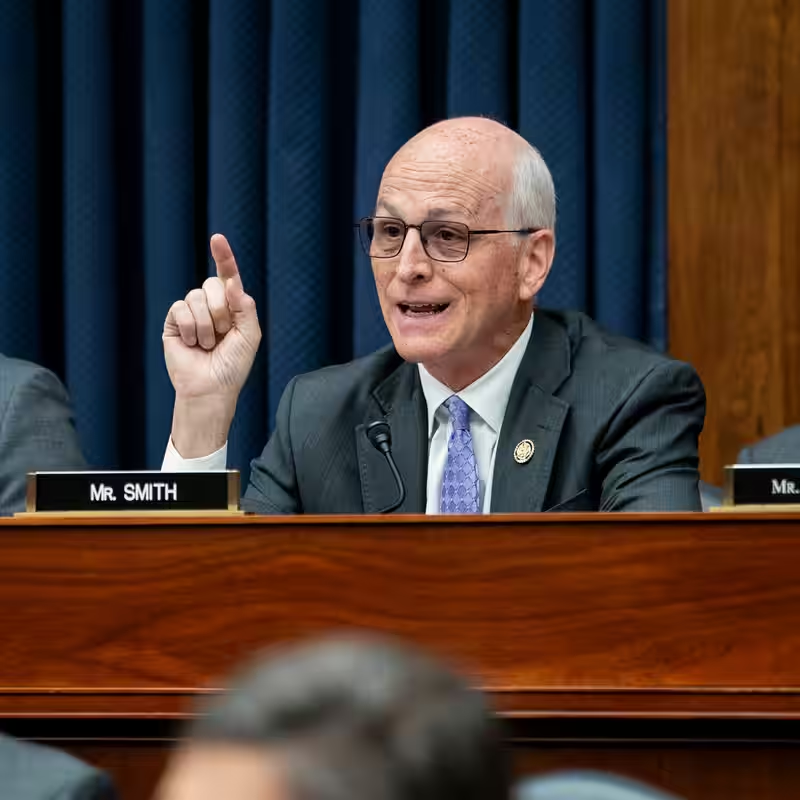In a move that has ignited fierce debate in Washington, the Trump administration’s controversial policy of bombing suspected drug-smuggling vessels in the Caribbean is now under intense congressional scrutiny. Representative Adam Smith (D-WA), the top Democrat on the House Armed Services Committee, is demanding an immediate hearing, citing a complete lack of legal justification for lethal force over arrest.
Table of Contents
- The Caribbean Boat Strikes
- The Missing Legal Rationale
- Congressional Outcry and Demands
- Military Leadership in Turmoil
- Sources
The Caribbean Boat Strikes
The Trump administration has publicly confirmed a series of military strikes against boats in the Caribbean Sea, claiming they were transporting narcotics from Venezuela. In one of the most recent incidents, President Trump announced that a U.S. strike had killed three individuals he labeled as “narcoterrorists” . This marked the seventh such attack, as confirmed by then-Defense Secretary Pete Hegseth .
Trump’s Caribbean Boat Bombings: A Legal Black Hole?
At the heart of the controversy is a fundamental question: why kill when you can capture? Representative Adam Smith has been vocal in his criticism, stating that the administration has “failed to provide a legal rationale for killing rather than arresting drug trafficking suspects.” The use of lethal military force in international waters against non-military targets raises serious questions under both U.S. law and international legal frameworks, which typically prioritize apprehension for criminal prosecution over summary execution.
Congressional Outcry and Demands
Smith is not alone in his concerns. He has joined forces with other top Democratic lawmakers, including Rep. Gregory Meeks of the House Foreign Affairs Committee, to formally demand answers from the White House. Their joint letter calls for a full accounting of the legal authorities used to justify these deadly operations . The lawmakers argue that bypassing the judicial system and using the military as a global police force sets a dangerous precedent for executive overreach.
Military Leadership in Turmoil
The controversy has also shaken the Pentagon. The abrupt retirement of the four-star Navy admiral who was in charge of the U.S. Southern Command—the very command overseeing these strikes—has raised fresh alarm bells on Capitol Hill . Representative Smith has suggested that this sudden departure may be linked to internal disagreements over the legality and morality of the bombing campaign, describing it as a potential sign of deep unease within the military’s upper ranks .
A Policy of Last Resort or First Strike?
Critics of the policy argue that it represents a dramatic and dangerous shift in U.S. counter-narcotics strategy. Traditionally, interdiction efforts have focused on Coast Guard and law enforcement assets to seize drugs and arrest suspects for trial. The new policy of using overwhelming military force appears to treat suspected traffickers as enemy combatants in a war zone, a classification that many legal experts find deeply problematic.
Sources
- The New York Times: Lawmaker Demands Hearing on U.S. Strikes on Boats in Caribbean
- Reuters: Trump doubles down on strikes against alleged smugglers
- AP News: Top admiral’s retirement sets off alarm bells over Caribbean strikes
- Official House Press Release: Meeks, Smith, Himes, Raskin, Thompson Demand Trump Administration Provide Legal Justification




